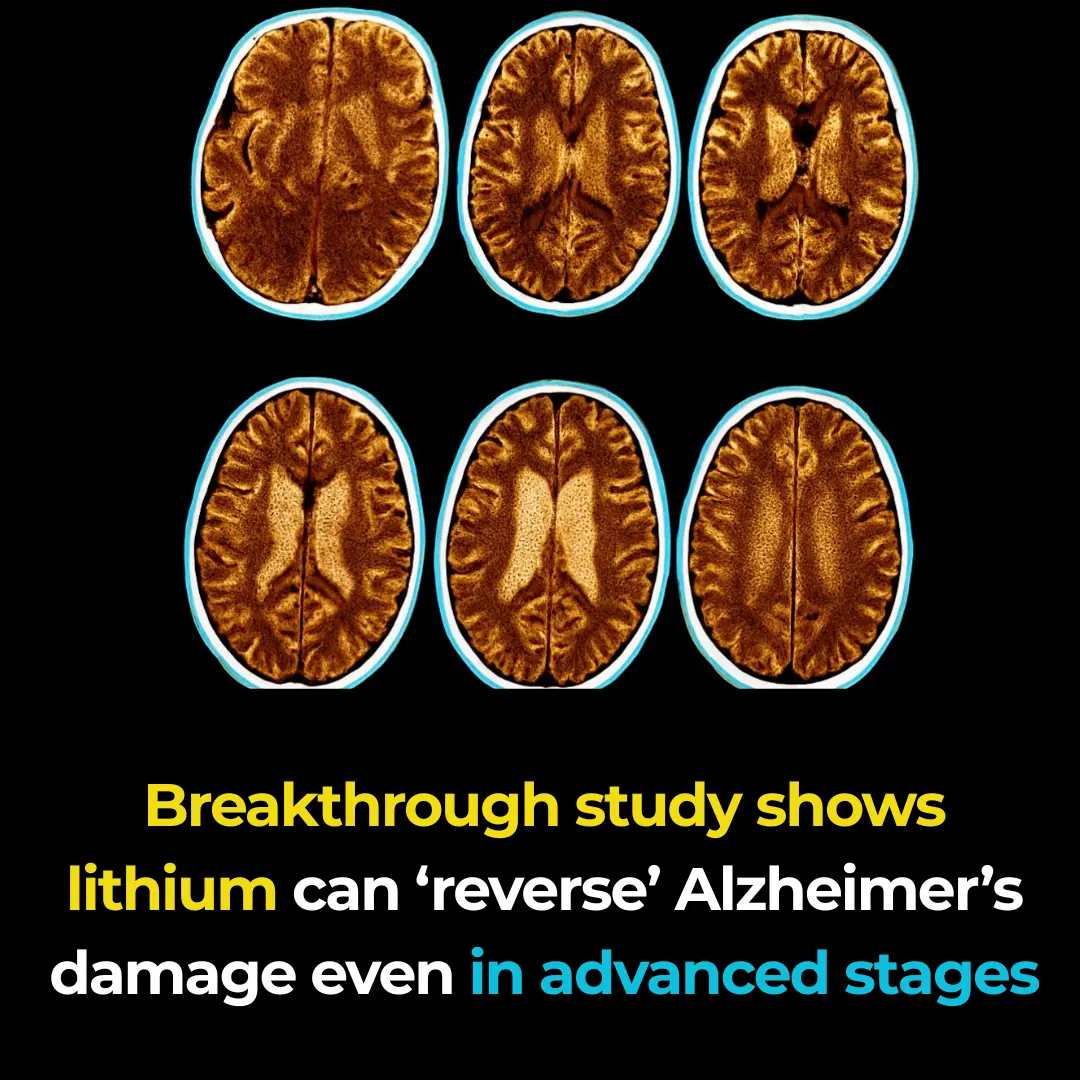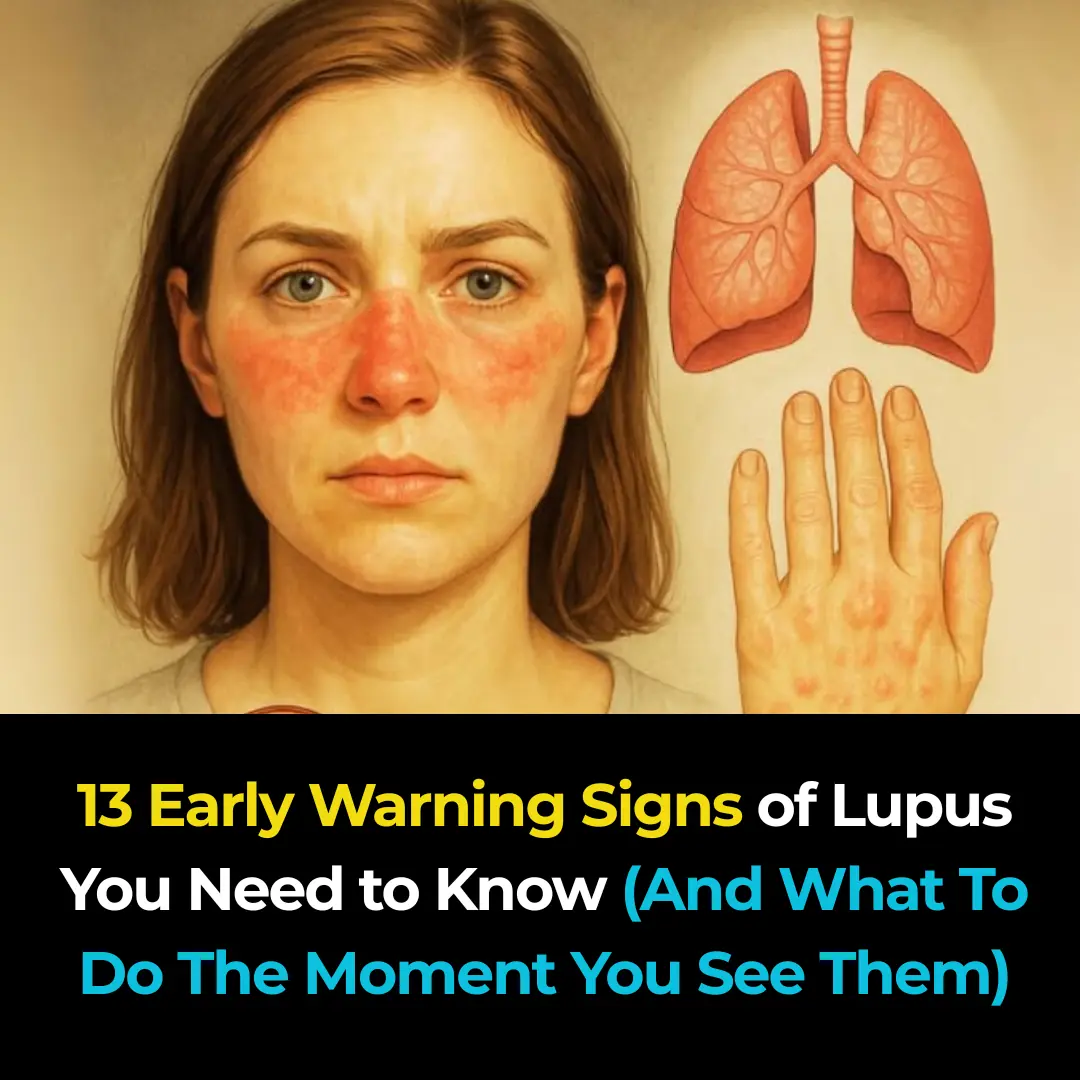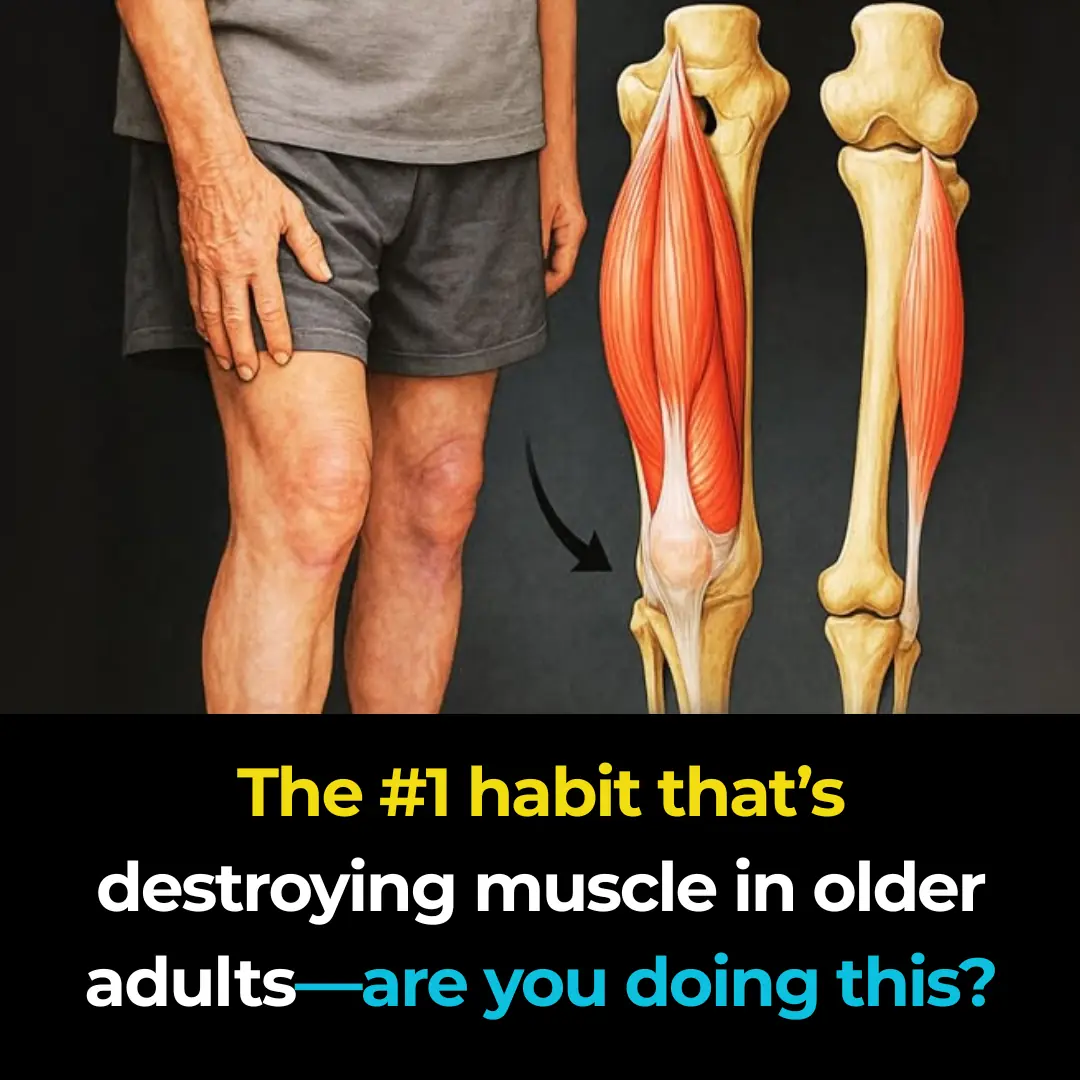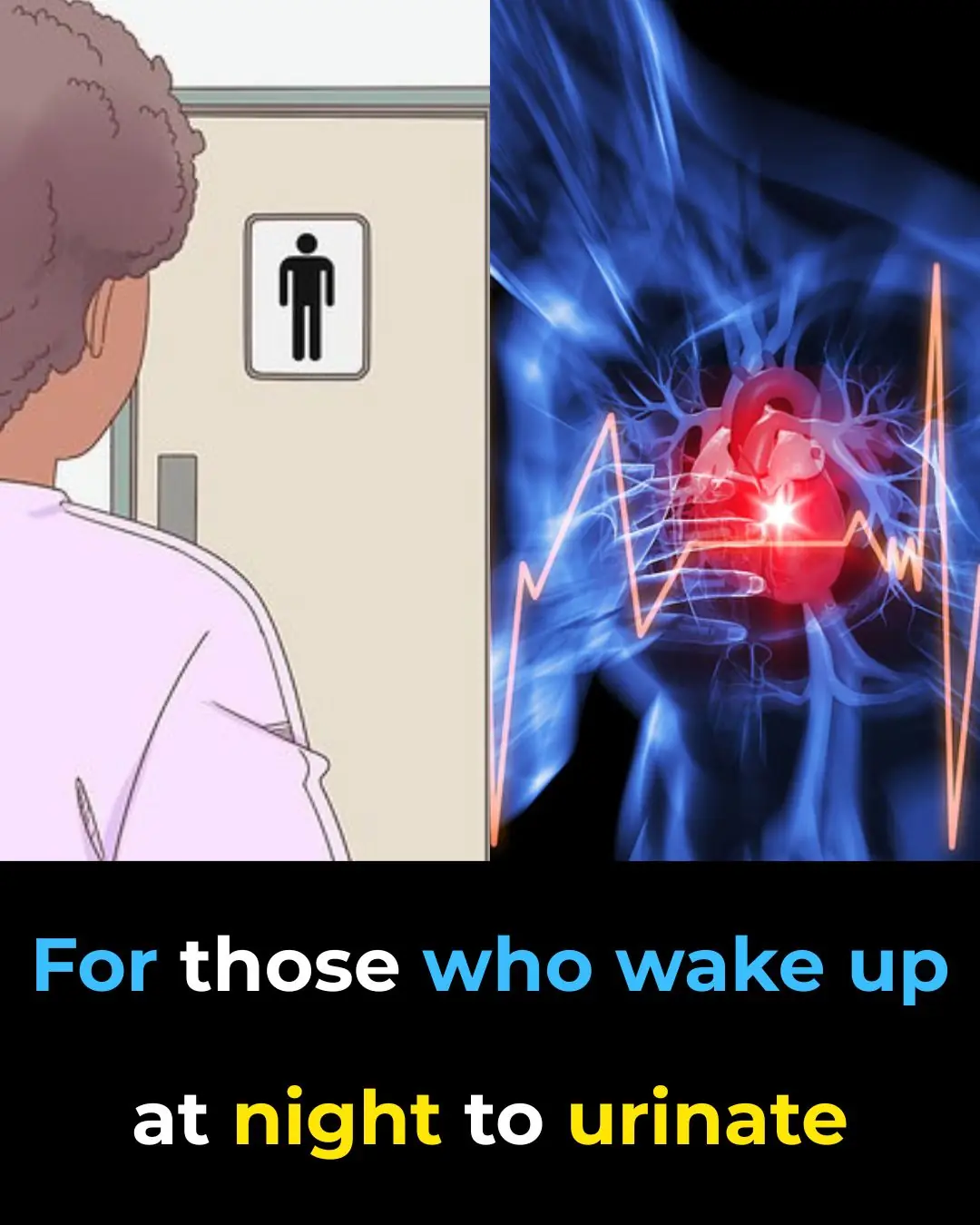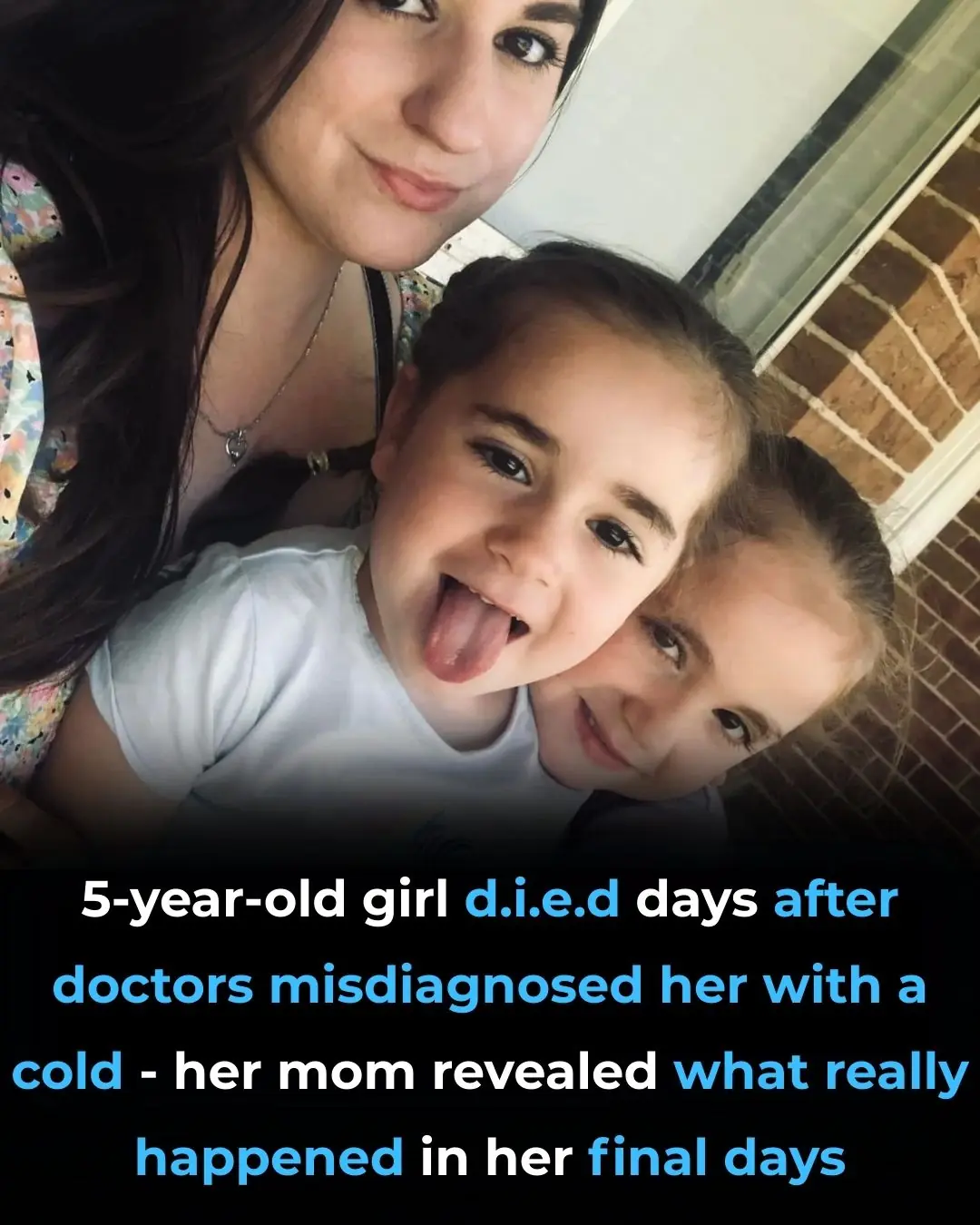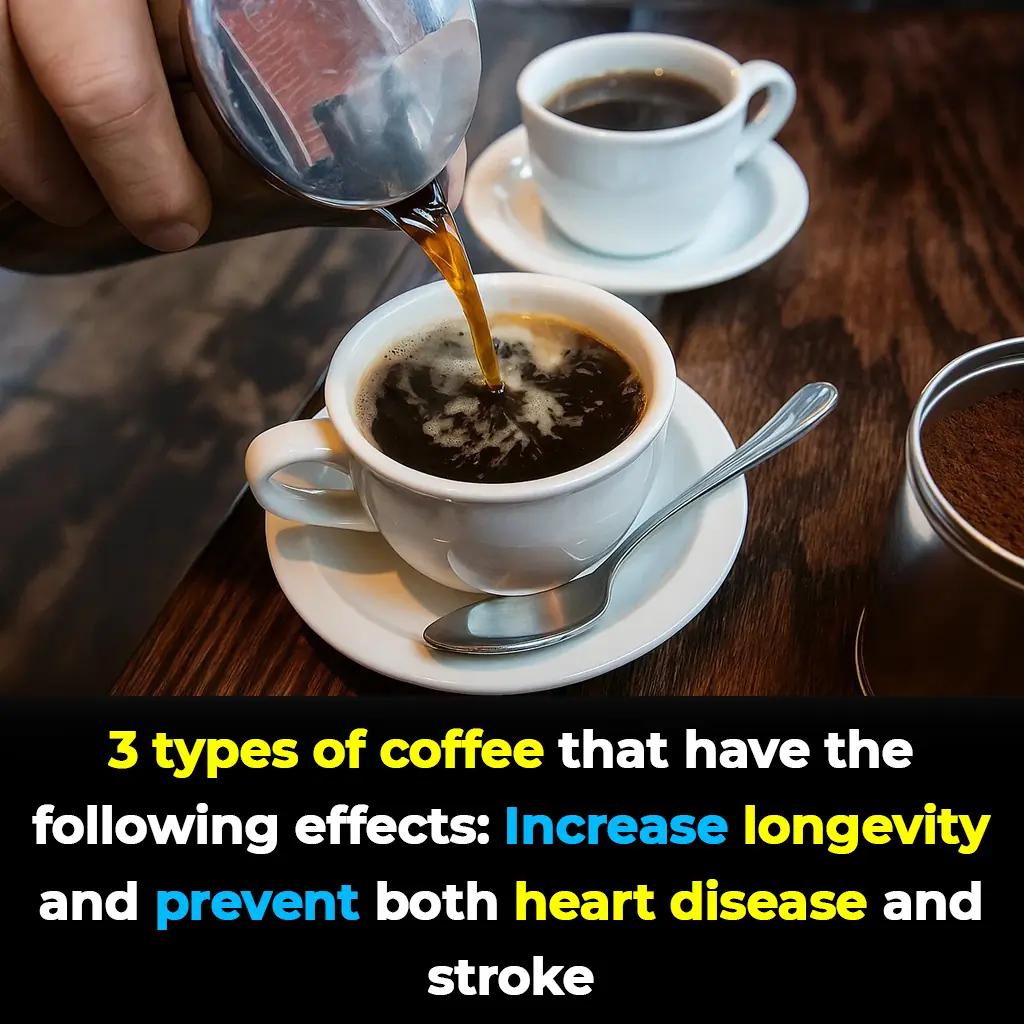Being stalked is not just an emotional burden—it can leave a lasting mark on the body.
A new study reveals that women who have been stalked face a sharply higher risk of heart attack, stroke, and long-term heart disease, proving that trauma isn’t onl
When most people think of stalking, they imagine fear, anxiety, or disruption of daily life. But scientists are uncovering a darker truth: stalking can have measurable, long-lasting effects on physical health, especially the heart. Researchers at the Harvard T.H. Chan School of Public Health found that women who had experienced stalking were 41% more likely to develop heart disease than those who had not—and the risk jumped even higher for women who had taken out restraining orders.
“Because stalking is often perceived as a form of violence without direct physical contact, it may not seem as serious,” says coauthor Audrey R. Murchland, PhD. “But our findings suggest these experiences can leave behind biological scars that should not be underestimated.”

Stalking: A Common Yet Overlooked Experience
Surprisingly, 1 in 3 women will experience stalking at some point in their lives. It’s more than just an annoyance—it often involves repeated patterns of harassment, intimidation, and invasion of privacy. Stalking behaviors include:
- Being followed or watched without consent
- Unexpected and repeated appearances at work, home, or school
- Unwanted calls, texts, or online messages
- Receiving unwanted gifts or notes
- Being spied on through physical or digital means
While most cases involve adults, researchers estimate that nearly one-quarter of female victims first experience stalking as minors—a sobering reminder of how early trauma can shape health risks for decades to come.
The Hidden Toll: How Trauma Affects the Heart
Heart disease is already the leading cause of death for women in the United States, responsible for 1 in 5 female deaths. Traditional culprits like high blood pressure, smoking, diabetes, and excess weight are well-known risk factors. But more evidence is showing that traumatic experiences—including stalking, abuse, and chronic stress—may quietly accelerate cardiovascular decline.
“Violence against women is common, but what’s less recognized is its role in shaping future cardiovascular health,” says Dr. Murchland. “This study adds another piece to the puzzle, showing that even non-physical trauma can manifest in long-term disease.”

The Study That Exposed the Link
The research, part of the long-running Nurses’ Health Study 2, followed over 66,000 women for nearly two decades. At the start, participants had no history of heart disease. They reported whether they had ever been stalked or had filed restraining orders, and their health was monitored through medical records for 20 years.
The findings were striking:
- 12% of women reported being stalked.
- 6% had filed restraining orders.
- Women who had been stalked faced a 41% higher risk of developing heart disease.
- Women who had taken legal action through restraining orders had a 70% higher risk.
These results held true even after accounting for other health behaviors, medications, preexisting conditions, childhood trauma, and mental health factors.
Why Trauma Damages the Heart
Experts believe the answer lies in the stress system. Chronic stress from stalking triggers continuous activation of the body’s “fight or flight” response. Over time, this leads to:
- Elevated blood pressure and heart strain
- Increased inflammation throughout the body
- Disruption of blood sugar regulation, leading to insulin resistance
- Poorer sleep and appetite patterns
- A tendency toward unhealthy coping mechanisms, like avoiding activity or overeating
“Stress doesn’t just disappear when the stalking ends,” says Kim Smolderen, PhD, a professor of medicine at Yale. “These physiological responses may last for years, silently raising the risk of cardiovascular disease.”

Seeking Safety and Medical Support
For women currently experiencing stalking, safety must come first. Experts recommend reaching out immediately to support services such as the National Domestic Violence Hotline for guidance and protection.
But even if the stalking happened years ago, it’s still important to tell your doctor. “Medical providers don’t always consider trauma history when assessing cardiovascular risk,” Dr. Smolderen notes. “But these details matter—they can help shape better prevention and treatment.”
Healing and Protecting Your Heart
The good news is that women can take steps to reduce their risks and reclaim their health. Evidence-based therapies, including cognitive-behavioral therapy, stress management, and trauma-focused counseling, can help ease the long-term effects of stalking.
Experts recommend:
- Building a strong social support network
- Practicing mindfulness, meditation, or yoga to calm the stress response
- Prioritizing restorative sleep and balanced nutrition
- Seeking professional therapy to process lingering trauma
- Regular cardiovascular checkups to monitor blood pressure, cholesterol, and overall heart health
“Being stalked does not define you,” says Dr. Smolderen. “Refocusing on your healing, your support system, and your well-being is the most powerful way to move forward.”
Final Thoughts
Stalking is far more than an emotional wound—it can leave behind hidden health consequences that last a lifetime. By recognizing stalking as a serious risk factor for heart disease and stroke, doctors and patients alike can take proactive steps to protect women’s health.
This research serves as a wake-up call: protecting women from stalking isn’t just about safety—it’s also about saving lives.





